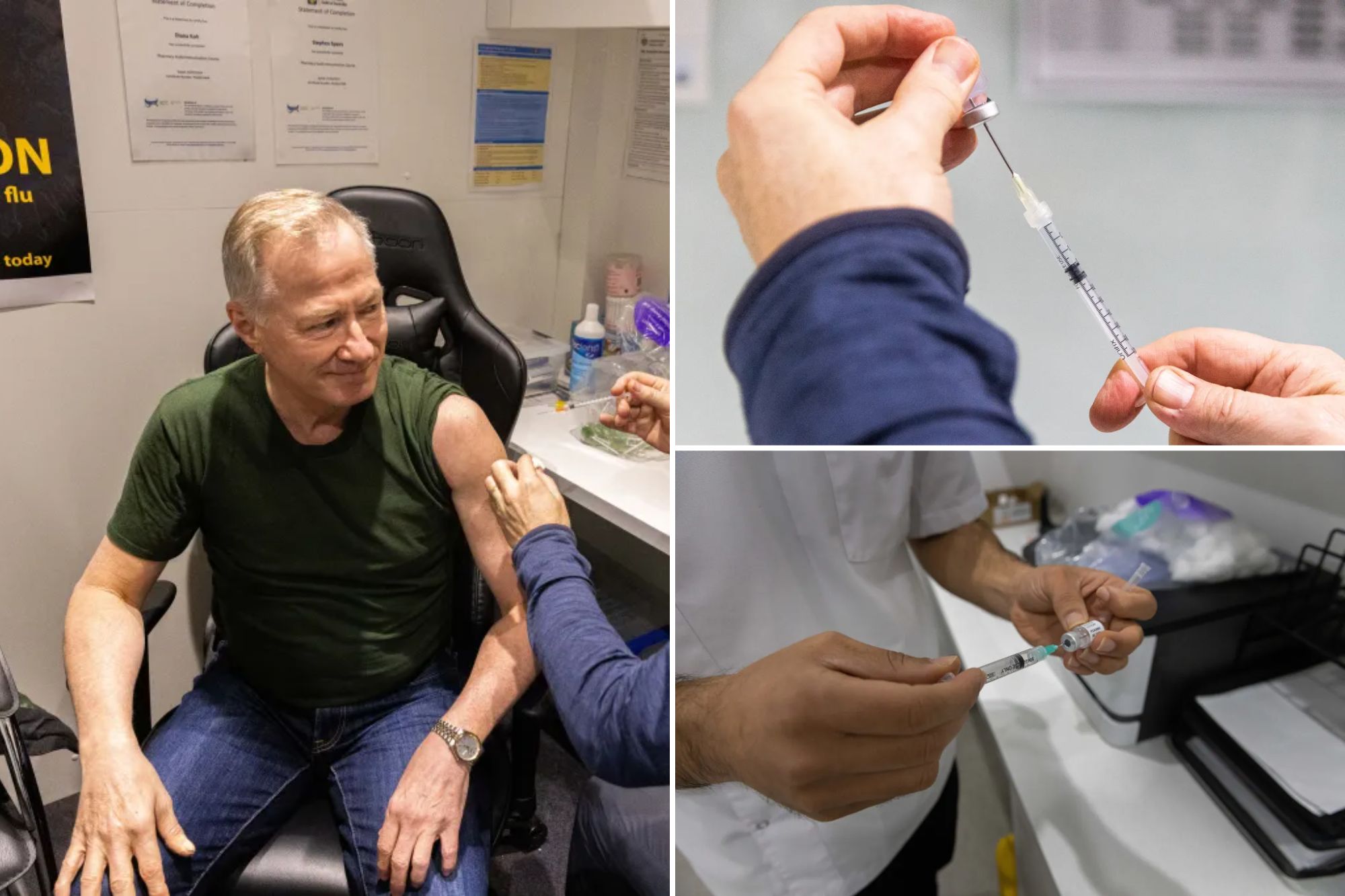Australia’s First mRNA Vaccine Candidate: A Breakthrough in Tackling Immune Imprinting

Hey there, fellow food and science enthusiasts! Today, we’re taking a fascinating detour from the kitchen to dive into some groundbreaking news coming out of Australia. It’s not every day that we get to talk about something as exciting as the development of a new vaccine candidate, especially one that could potentially solve a major hurdle in the fight against Covid-19. So, grab your favorite cup of tea, sit back, and let’s explore what this could mean for all of us.
As someone who loves to keep up with scientific advancements alongside my passion for cooking, I was thrilled to learn about Australia’s first mRNA vaccine candidate developed by the Monash Institute of Pharmaceutical Sciences (MIPS) in collaboration with the Doherty Institute. This isn’t just any vaccine; it aims to tackle the issue of “immune imprinting,” a problem that’s been hindering the effectiveness of Covid-19 boosters as the virus mutates. The science behind it is as intriguing as a complex recipe, and I can’t wait to share more details with you.
You might be wondering what immune imprinting is all about. It’s a phenomenon where our body’s initial immune response to a virus becomes less effective against newer variants, much like how our taste buds can adapt and change over time. But fear not! This Australian-based vaccine candidate is designed to overcome this challenge by encoding proteins on the surface of the virus’s receptor-binding domain—essentially targeting the virus at its most vulnerable point. Let’s dive deeper into this scientific marvel!
Key Takeaways
- The new mRNA vaccine candidate addresses the issue of immune imprinting by targeting specific mutations of the SARS-CoV-2 virus.
- In preclinical studies, it showed a significant increase in antibodies compared to ancestral vaccines.
- This vaccine could pave the way for more effective protection against emerging Covid-19 strains.
The Science Behind Immune Imprinting and Vaccine Development
Immune imprinting, also known as antigenic original sin, is like an old recipe stuck in our immune system’s cookbook—it remembers how to fight off past versions of a virus but struggles with new ones. This has been particularly problematic with Covid-19 as new variants continue to emerge. The research from MIPS and the Doherty Institute tackles this head-on by focusing on the receptor-binding domain at the tip of the virus spike. It’s akin to unlocking a secret ingredient that makes your dish irresistible yet adaptable.
In their preclinical study published in “Molecular Therapy Methods and Clinical Development,” researchers tested their innovative “membrane-anchored receptor-binding domain” mRNA vaccine (RBD-TM mRNA) against traditional vaccines. The results were promising—a 16.3-fold increase in antibodies compared to just 1.3 for older vaccines. This suggests that their approach could effectively counteract immune imprinting, much like refining a classic recipe with modern techniques.
Pioneering Research and Promising Results
Professor Colin Pouton from MIPS explained that immune imprinting isn’t exclusive to Covid-19; it’s something we’ve seen with influenza too. But now, with growing evidence of suppressed immune responses due to exposure to ancestral Covid strains, there’s an urgent need for next-generation vaccines. Their alternative platform specifically targets mutations at the SARS-CoV-2 spike’s tip—like pinpointing key spices that transform an ordinary dish into an extraordinary one.
This new vaccine isn’t just about boosting our defenses; it’s also about being more efficient and accessible. As Dr. Harry Al-Wassiti shared, its smaller size means it can be effective at lower doses and remains stable at higher temperatures—a crucial factor for wider distribution and easier storage globally. Just imagine having a compact spice jar that packs all the flavors without taking up much room on your shelf!
The Future of Covid Vaccination
Professor Damian Purcell from the Doherty Institute emphasized that their extensive research on RNA vaccines laid the groundwork for this breakthrough. Their efforts resulted in safe and effective immune responses against novel virus variants during trials—proving that dedication and innovation can lead us forward even when faced with challenging times.
The MIPS Covid-19 mRNA vaccine has already completed phase 1 clinical trials as a fourth-dose booster—a significant milestone towards proving its effectiveness further through upcoming clinical trials. Funded by Victoria’s government via mRNA Victoria initiative established back in May 2021—this program aims at transforming Victoria into Asia-Pacific’s hub for cutting-edge research related not only towards combating infectious diseases but also tackling other ailments such as Alzheimer’s or cancer using mRNA technology—not unlike perfecting culinary arts while exploring new cuisines altogether!
Final Thoughts
As we wrap up today’s exploration into this exciting advancement from Australia—we hope you’re feeling inspired by how science continues pushing boundaries much like how chefs innovate within their kitchens every day! With such promising developments underway—there’s renewed hope towards combating future challenges posed by evolving viral strains worldwide—as well keeping us safe through improved vaccination strategies akin crafting exquisite meals enjoyed across global tables alike!
